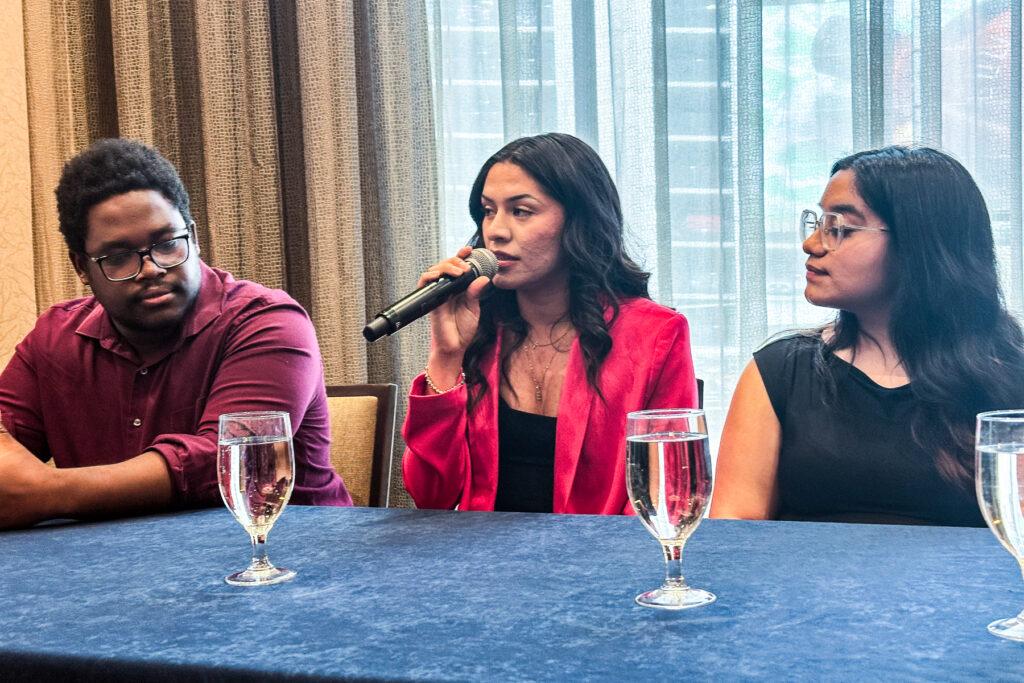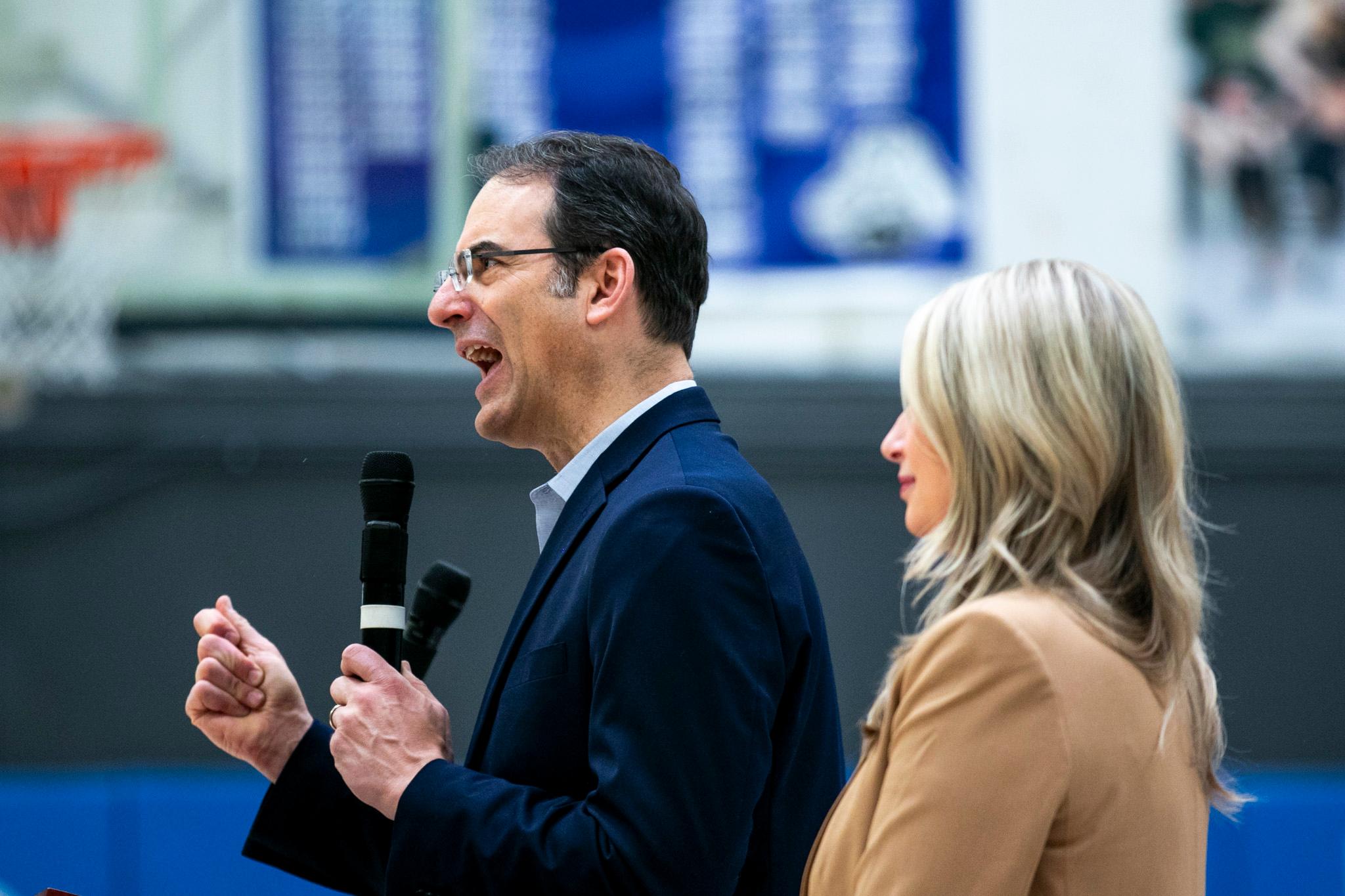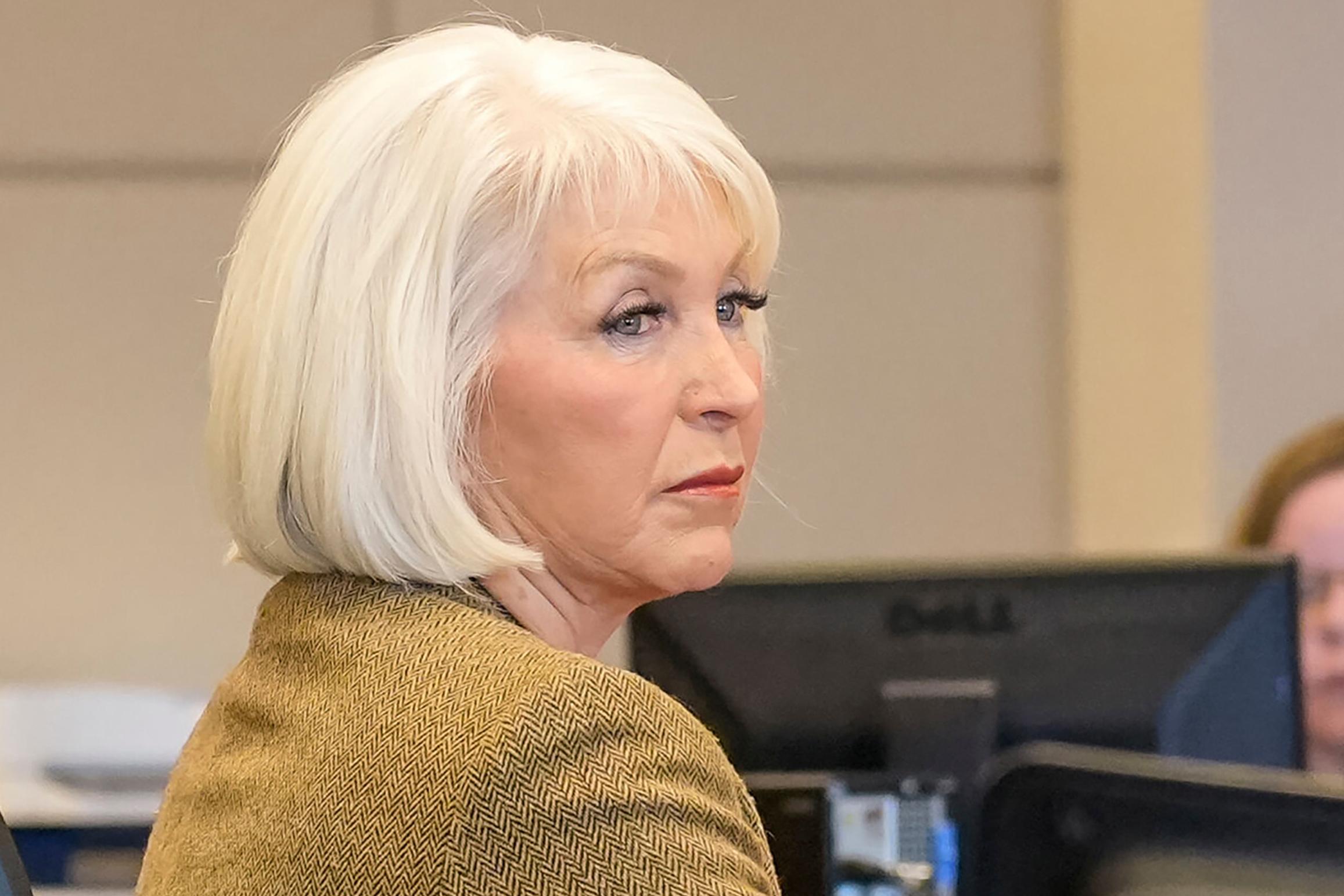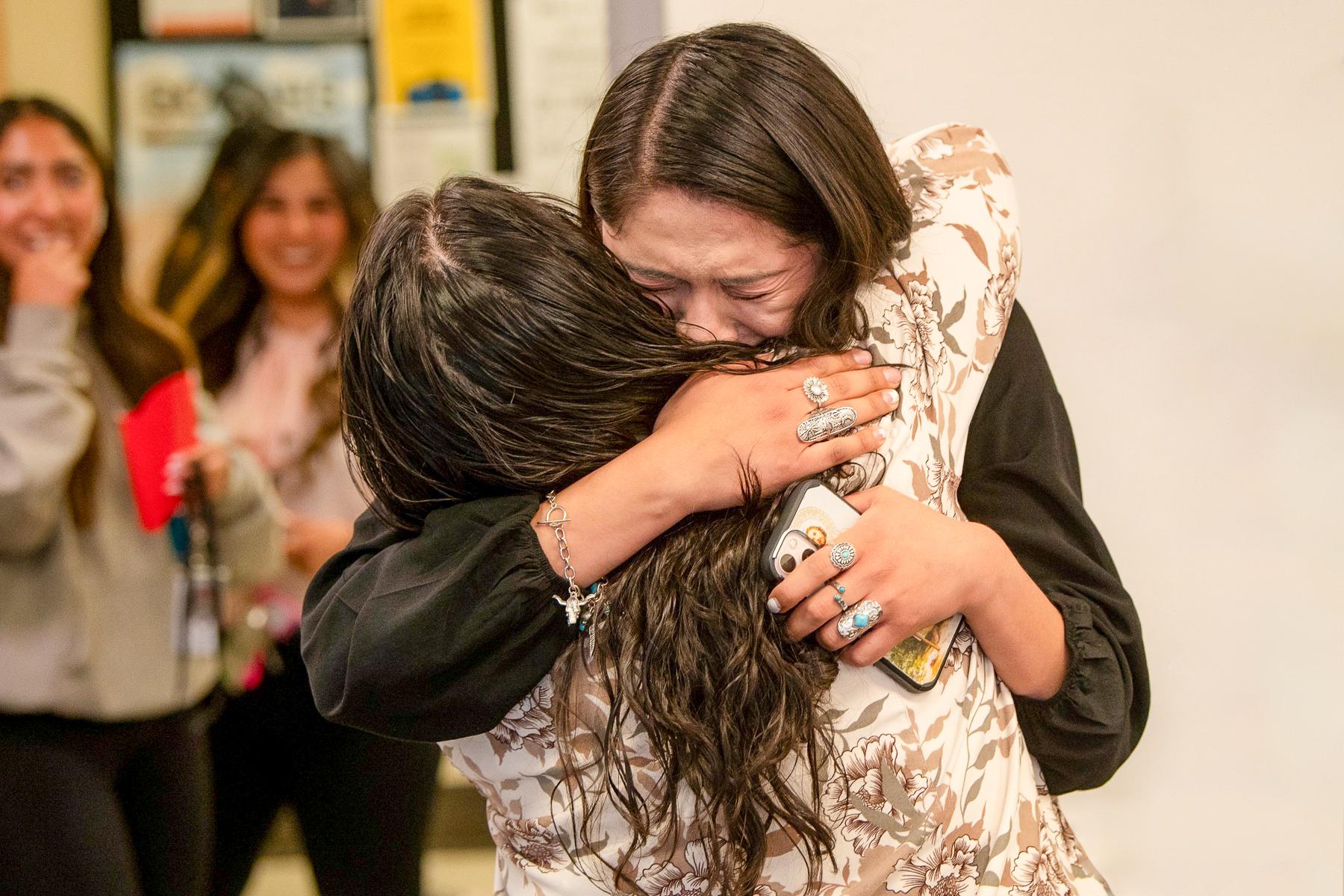
Adriana Parra Herrera remembers the summer after fourth grade.
Her classmates headed on vacations with their families. She headed to the strawberry fields.
In one of the most physically demanding and low-paid jobs in agriculture, she’d pick the ripe fruit for a dollar a basket eight to 10 hours a day. She did that each summer through eighth grade.
“My back would always hurt,” she said. “My body will be tired. But I knew I was helping my parents. I knew I was bringing money to the table.”
Cristina Cardenas Alfaro’s father picked onions in the fields around Greeley, after years of picking grapes and peaches in California. She remembers the little trailer they lived in until the 2013 flood took it. The family was homeless for six months.
She remembers her parents coming home from the fields each day, exhausted. Her father would often say to Cristina and her siblings, “Sigan estudiando, un lápiz pesa menos que una pala” — Keep studying, a pencil weighs less than a shovel.
It wasn’t until she was a teen, when Cristina picked plants, trees and flowers and loaded them into semis, that she finally understood what her father meant.
“The higher education I have pursued will always be dedicated to their hard work,” said Cardenas Alfaro, who will graduate from the University of Northern Colorado in December.
Both young women, who shared their stories at a recent gathering of migrant education officials from across the country, credit making it to college because of Colorado’s Migrant Education Program. It’s a federal/state program that helps “migrant” students, a term used to describe children who have moved within the past three years with parents who work seasonally in agriculture. The state had 19,339 farmworkers in August 2023.
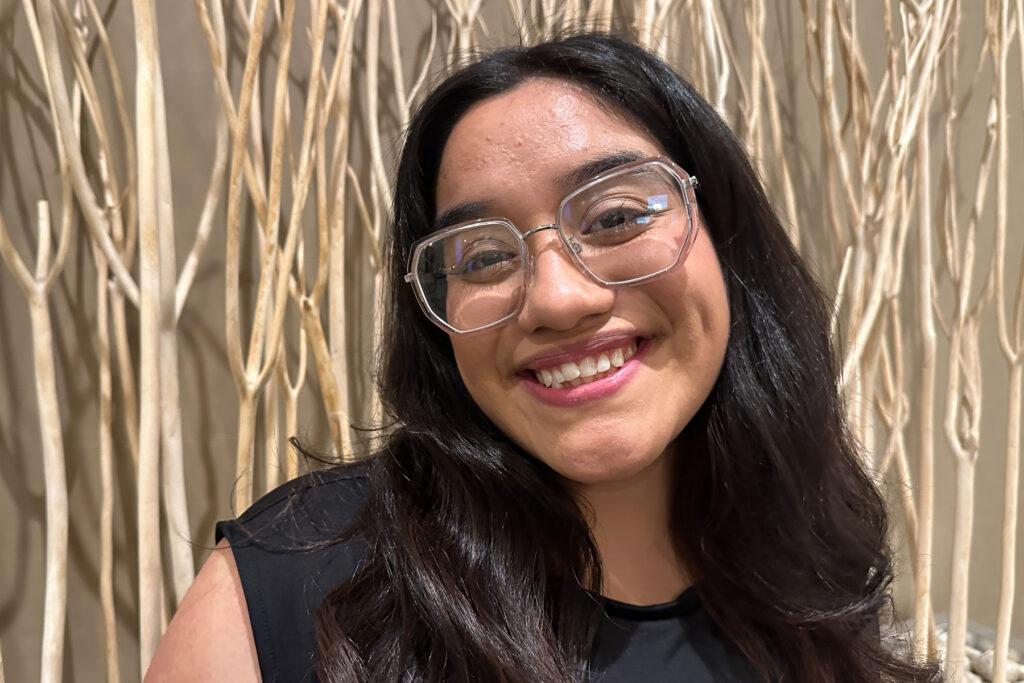
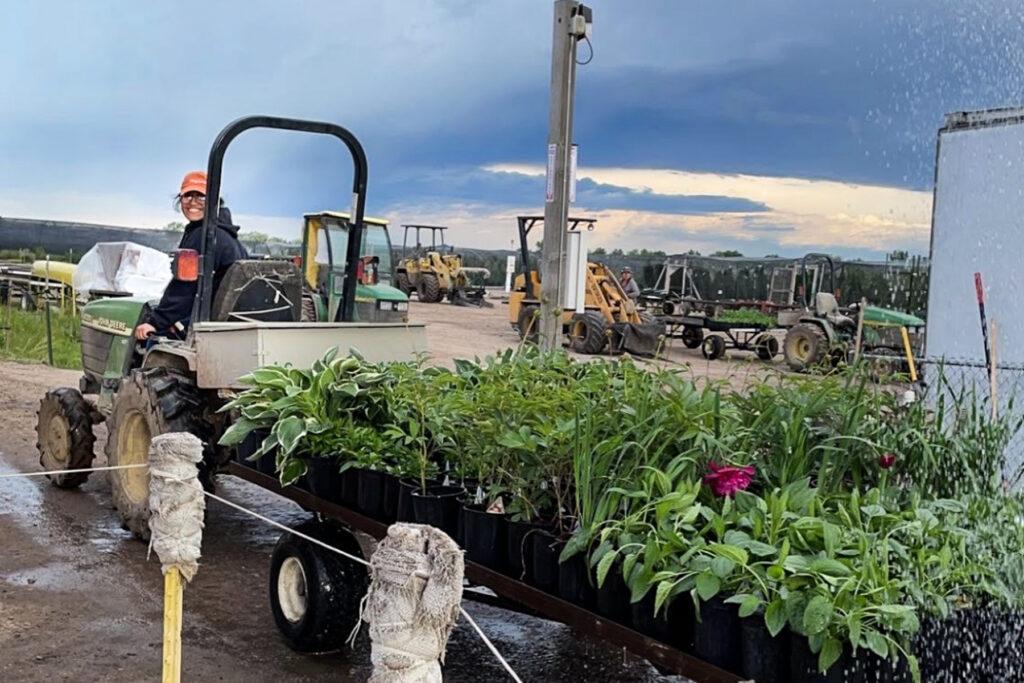
When you’re new to a country, don’t speak English, and your parents may move a lot for work, it’s easy to get lost in school and eventually drop out. Colorado’s migrant graduation rate is 67 percent compared to the statewide rate for all students of 83 percent. But for the children of workers who help contribute $1.4 billion to Colorado’s rural economies, MEP tries to give them hope that they can make it to college or a career. The program, which has about 4,500 eligible students this year, provides tutoring and other services and pays for things like sports uniforms to help students engage with school.
The program is funded through the federal Title I money allocated to schools for low-income children. With president-elect Donald Trump’s threats around changes to education funding, it’s unclear what the fate of programs assisting migrant children will be.
“While it’s challenging to speculate on hypothetical situations, here in Colorado, our priority remains clear: We are committed to ensuring that every child starts strong, stays engaged, and graduates ready for post-secondary and workforce success and that both students and staff have the support they need to thrive,” the state department of education said in a statement.
Two big challenges migrant children face: overcoming poverty and learning English
As a third grader, Adriana Parra Herrera put a lot of pressure on herself to help her parents. But when it came to speaking English, she was just as lost. During a parent-teacher conference, Parra Herrera remembers excusing herself to go to the bathroom to read what she’d written on a piece of paper, trying to anticipate the teacher’s questions.
“I wasn’t able to do it myself so I had to just rely on that piece of paper,” she said.
Her mom said, “Que dijo mi hija?” wondering what the teacher was saying.
“I didn’t know what to tell her because I had no idea,” Parra Herrera said, tearing up as she recalled the incident. “I didn’t want to be that girl for my whole life. I had to make my voice heard.”
She began watching movie after movie in English with Spanish subtitles to learn the language. After moving to Colorado in eighth grade, she lived in a house with 10 people.
“It was really hard to have my own space and having to ask for permission to do things in the house that doesn't belong to me. That was really hard. I was struggling for about three years living in that house.”
Still, she said she was grateful her family had a place to sleep at night.
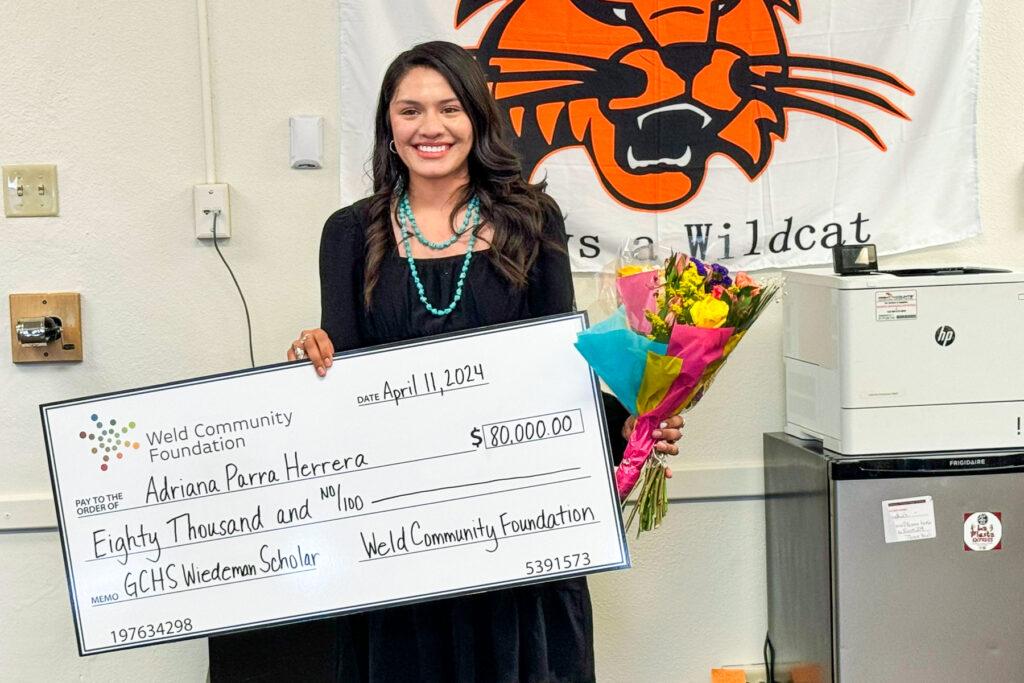
During COVID in Parra Herrera’s sophomore year, her parents struggled to find jobs. So Parra Herrera returned to the fields.
“I had to help my parents somehow,” she said.
As the only girl in the family, she became a second mom and role model to her three brothers. She cooked for them, made sure their homework was done and had clean clothes. That plus school work and other responsibilities was too much. She stopped going to school for two months to work in the fields.
“But I didn’t want to be working in the fields forever,” she said quietly.
From facing racism to becoming homecoming king
Some migrant students face another challenge.

“It was a lot of racism that I faced,” said Chrisnel Akele. “It was probably more but I was too oblivious to pay attention to it because I wanted to just live a life and keep going with what I had.”
His family immigrated from Benin in West Africa after winning a visa through the U.S. government’s diversity lottery. They moved to Fort Morgan when he was 13. Akele’s parents worked long hours so he and his siblings vowed to make things as easy as possible for them.
“We took it very seriously and pretty much raised each other.”
To confront any racism the family faced, Akele’s mother threw herself into community work, trying to help where she could, bringing Akele along as a volunteer. He, too, pushed challenges aside, immersing himself in high school wrestling, soccer and drama. His classmates crowned him homecoming king.
But migrant students like Akele still needed support.
“I had a hard time learning,’ he said.
A MEP mentor reached out to him and he began spending hours a day on homework in the courses he was failing. The mentor helped him find his passion: musical theater.
'What migrant students need is just somebody who believes in them'
The Migrant Education Program also introduced migrant students to SMYLI, a Summer Migrant Youth Leadership Institute to learn about overcoming barriers and leadership and a program in Southern Colorado to motivate students to pursue fields in science. It provided Parra Herrera uniforms to participate in four sports and play the accordion in the school band. She grew to become a leader in several clubs.
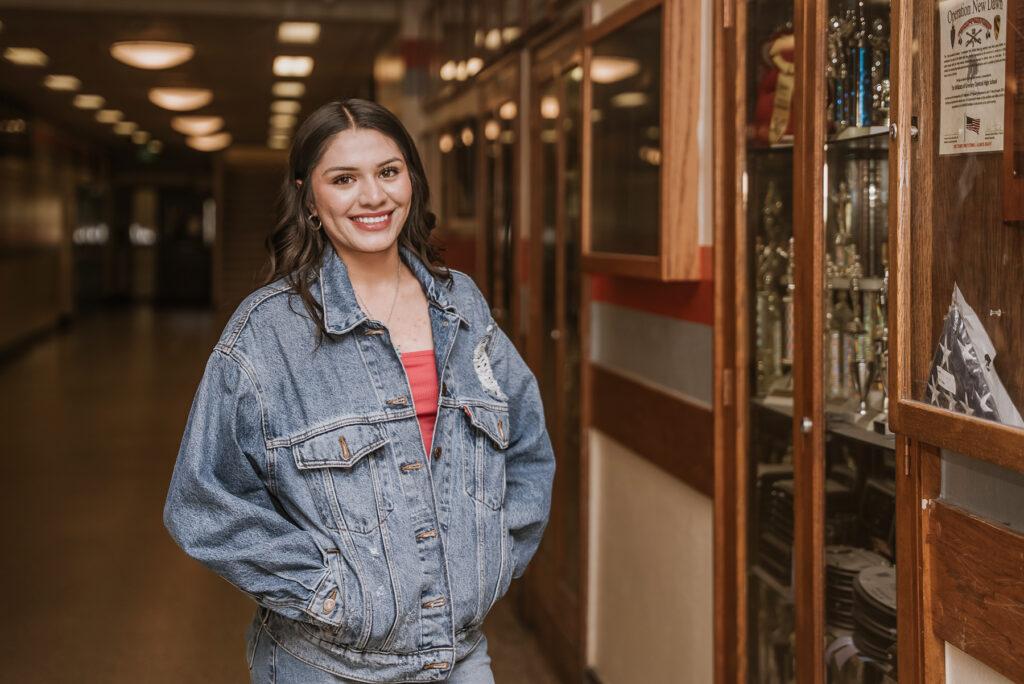
She said climbing to the highest peak at the Great Sand Dunes National Park and being introduced to inspirational films like “McFarland, USA” or books about farmworkers who went on to become scientists were critical to her seeing a different future for herself.
“I feel like what migrant students need is just somebody who believes in them,” she said.
Cardenas Alfaro said she didn't even know about post-secondary education until she met her mentors.
“Coming from a different country, you’re scared of everything,” Cardenas Alfaro said. “My parents (took) the risk of joining this program, allowing me to leave them for 10 days and go to SMYLI or STEM, which really helped me grow as a person and as a leader that I am today. It's just been a privilege to be part of this program.”
High school clubs, working multiple jobs, essays, résumé, scholarship applications … all three made it to college
University, though, is a whole different ball game.
At first, Akele was a bit lost. There is another federal program, the College Assistance Migrant Program for first-year migrant students (at four colleges in Colorado) but he wasn’t showing up for meetings. The mentors there kept after him.
“They were reaching out every time to the point that I decided to just show up to make them happy.”
Akele slowly gained the skills to master college — like learning time management skills.
“That really drove me to stay in college and see what the end goal was,” he said. “Without this program, I don’t think I would have made it as far as I’ve made it.”

'I want to help uplift them too'
Giving back is a huge part of the migrant program. All three students have been mentors for other migrant students in high school or college. Parra Herrera, who once shared a house with 10 family members and picked strawberries during the summer, now studies architecture and entrepreneurship at CU Denver. Akele will graduate from MSU Denver in musical theater next spring, a field that has brought great joy to his life.
Cardenas Alfaro, whose family once lost their trailer home in a flood and is graduating from UNC in December, hopes to be an interpreter in the courts or hospitals. She currently works for a Greeley program that helps preschoolers gain the skills needed for school and as an interpreter for a school district.
She said children of the workers who make the state’s agricultural industry possible need the same support she got.
“They want to thrive as well, and with this program, they see a future.”
